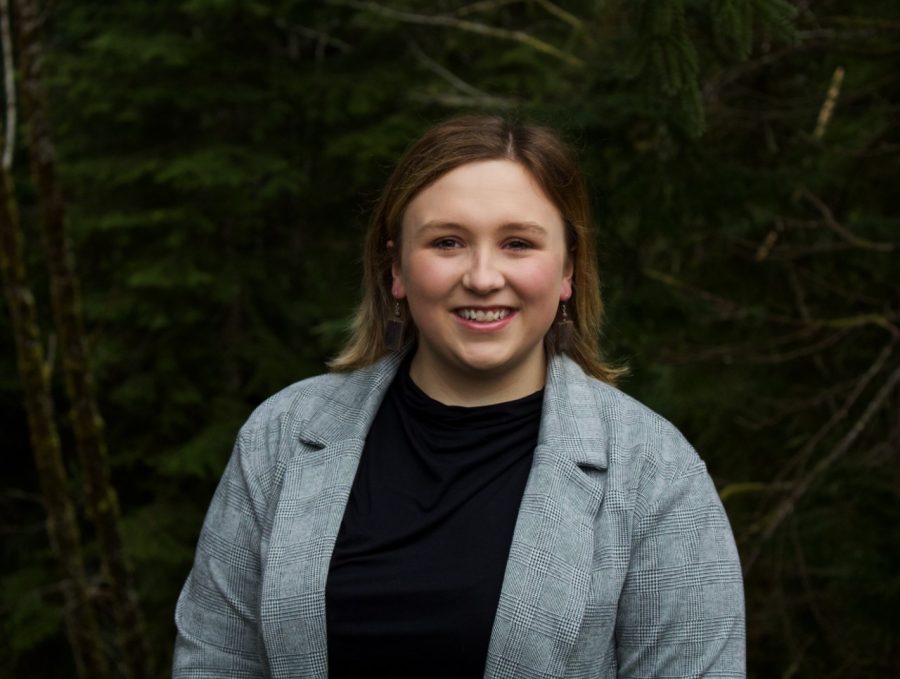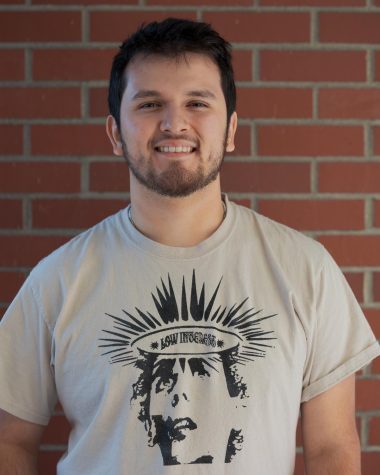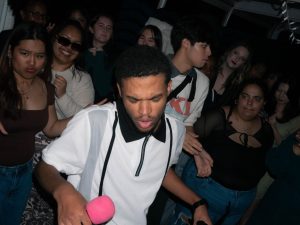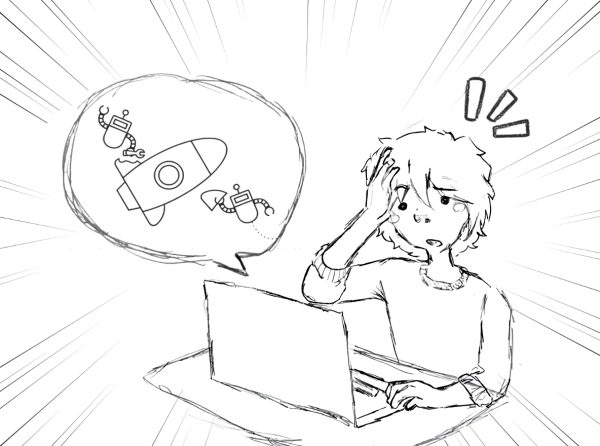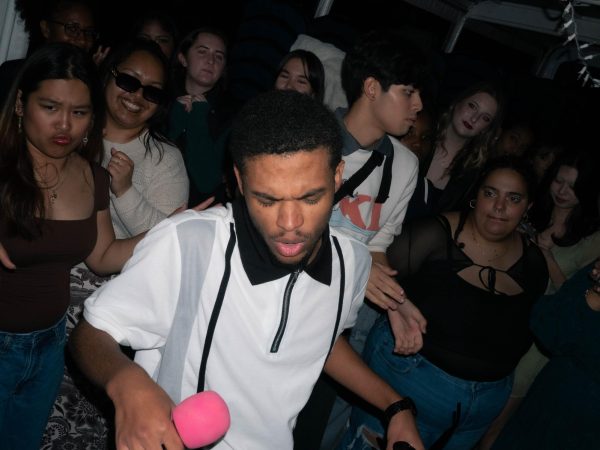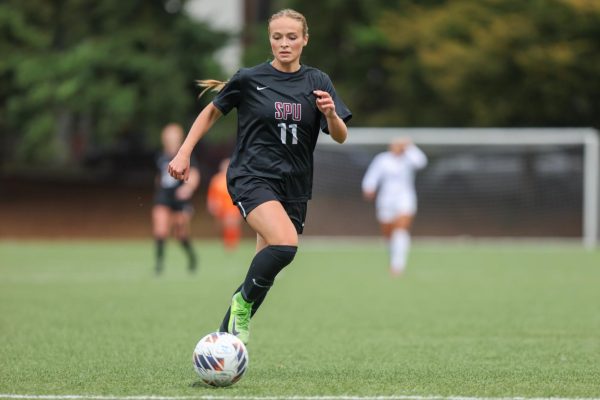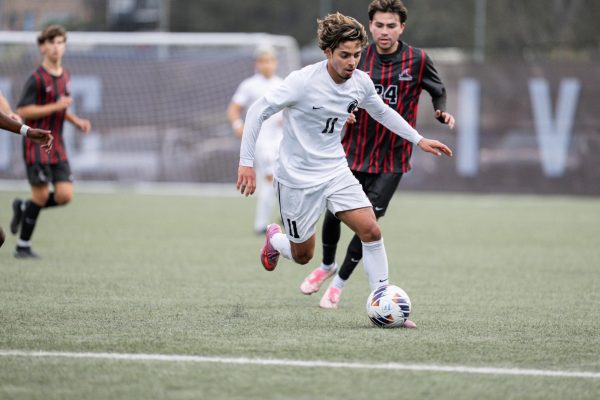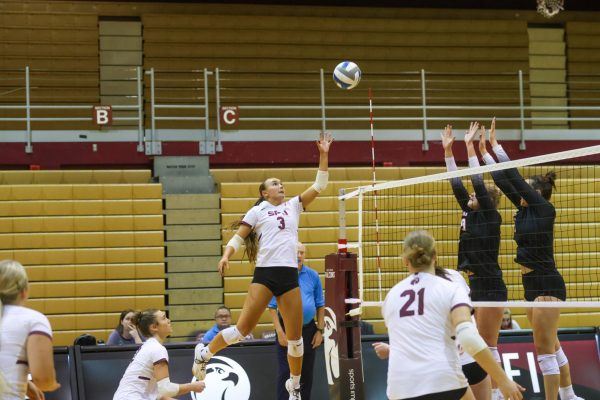ASSP candidates speak on elections and student participation
Following the announcement of ASSP candidates, running students give a statement on their motivations and thoughts on participation.
March 3, 2021
On Feb. 22, the candidates for the 2021-2022 ASSP positions were announced. While some positions like Executive Vice President and Vice President of Ministries are contested by multiple students, the candidates for the roles of President, Vice President of Intercultural Affairs, School of Health Sciences Senator, and School of Science and Engineering Senator are running uncontested.
To try to explain why student interest seems to fluctuate year to year, student candidates spoke a bit about their own motivation to run and why others on campus may not be participating.
Executive Vice President candidate Ciarra Choe is a junior at SPU this year and believes that accessibility is a big part in student involvement.
“SPU is a very unique place. I think as far as participation being low, I feel as though ASSP isn’t as transparent with the student body,” said Choe, “It wasn’t until my sophomore year that I found out I could go to senate meetings. That’s why I’m running, I want to help make things feel way more accessible.”
This sentiment of involvement and greater community building was also shared by most of the candidates. Executive Vice President candidate Aly Cotte also believes that more outreach would create more participation.
“I think it’s just that students don’t realize that they have that ability to voice this concern.” said Cotte, “If I get this position, moving forward I want to make it clear to the senators that they are the outlet for student voices to be heard, and their job is to make that known to the broader population of students.”
School of Health and Science Senator candidate Julia Chen believes encouraging students not in leadership positions to participate instead may be the best way to increase participation.
“I was expecting way more people in our Zoom meeting but it turned out to be only fifteen or twelve.” said Chen, “I think maybe more advertising of events and inviting students to visit our office to see what we’re doing and offering small rewards to encourage people would do a lot.“
Vice President of Intercultural Affairs candidate Reena Sidhu, a current junior at SPU, explained that though passion is a big part of taking part in leadership positions, a change in compensation may also potentially increase student involvement.
“As a non-Christian woman of color on SPU’s campus, I’m not really part of the majority, but I feel a strong calling to give a voice to others like me.” said Sidhu, “However, as a student coming from a lower middle-class background, I would say it’s always nice to have more incentive and compensation for some of the work that leaders are doing. The acknowledgement leaders get is always nice, but some of these positions are like having an additional job. A little more incentive could make it so that students might not have to work an extra job and can viably focus on their role as a leader.”
Vice President of Ministries Candidate Chloe Guillot also chimed in on how student compensation might affect participation.
“Sometimes if you’re really passionate about something the compensation doesn’t matter as much, but I also believe that students should be compensated for their work.” said Guillot, “I think the two most feasible options to resolve monetary issues are either to provide more support to make their jobs a bit easier or simply compensate them more for the work they are doing.”
She also commented on the community reasons for a lack of participation.
“I did an independent study last year with students and many said that A: they don’t feel like they have a community at SPU and B: they don’t know that they have access to resources.” Said Guillot, “For UMIN, just thinking about how people can be made aware of the resources available to them and creating community through ministry is super important. “
Sophomore Grace Ihle is also running for Vice President of Ministries and believes that community struggles may be remedied by a community more welcoming of other ideas.
“If people felt there were spaces designed for them they would feel welcome to partake in the community.” said Ihle. “People tend to find their own circles and small communities but creating that space is still incredibly important. Not everyone will participate at all times but it would definitely help to feel heard.”
All of the community and compensation issues brought up by this year’s candidates paint a strong picture of why participation may seem low. Director of Student Involvement and Leadership Whitney Broetje explained that changing compensation may be difficult.
“We can only use so much money to pay people. Cost of living and minimum wage keeps getting bigger and bigger, but if our pool of money doesn’t increase, we have to pay the same.” said Broetje, “Sometimes unfortunately it is simply more advantageous for a student to work a job for $15 or $16 dollars instead of working in a leadership position with that time.”














































































